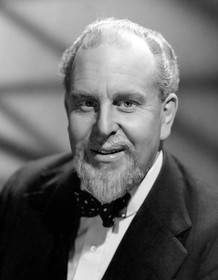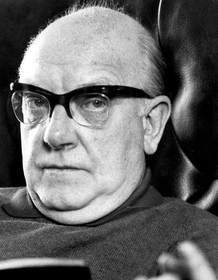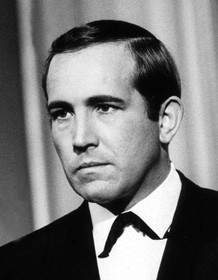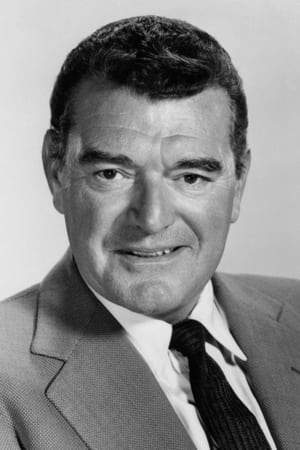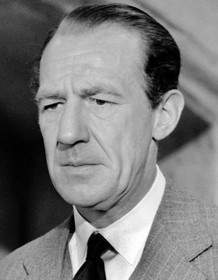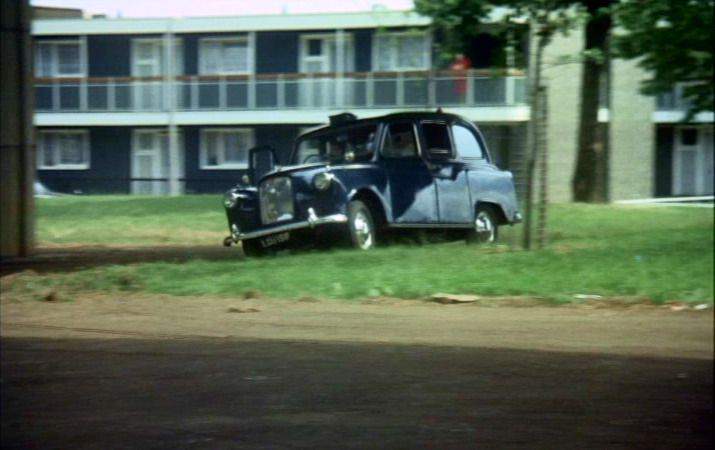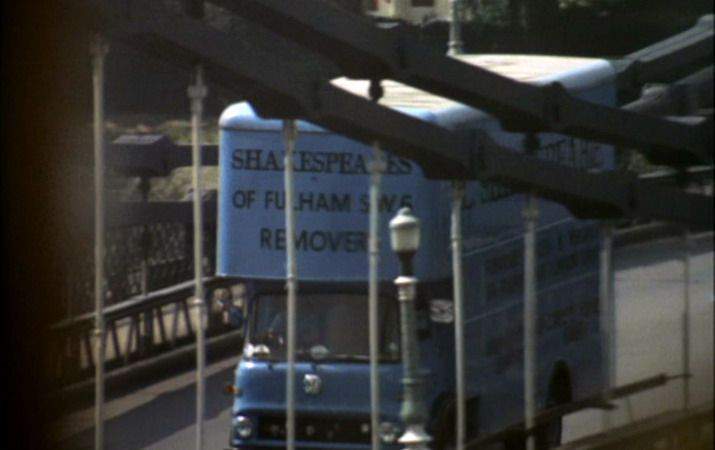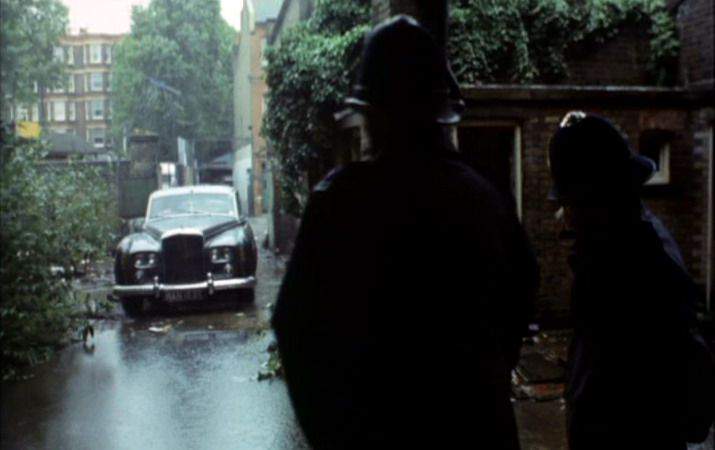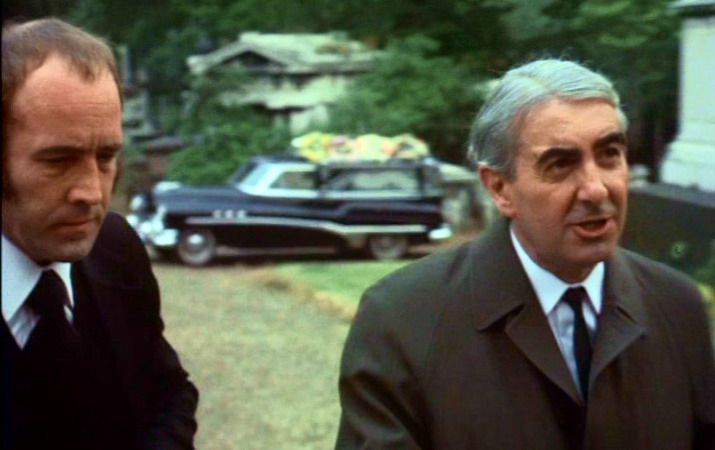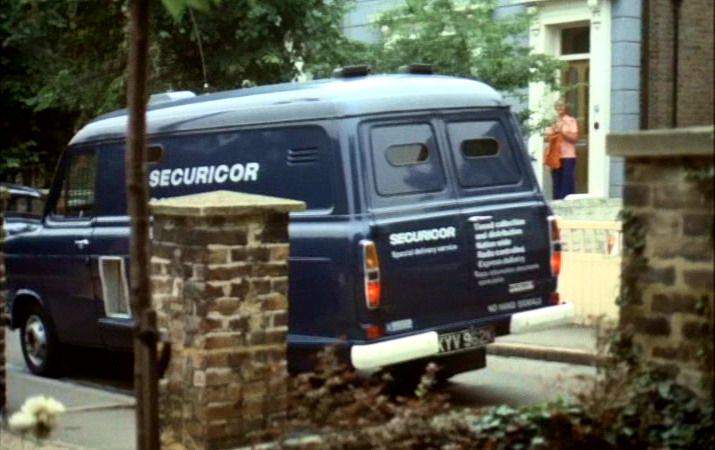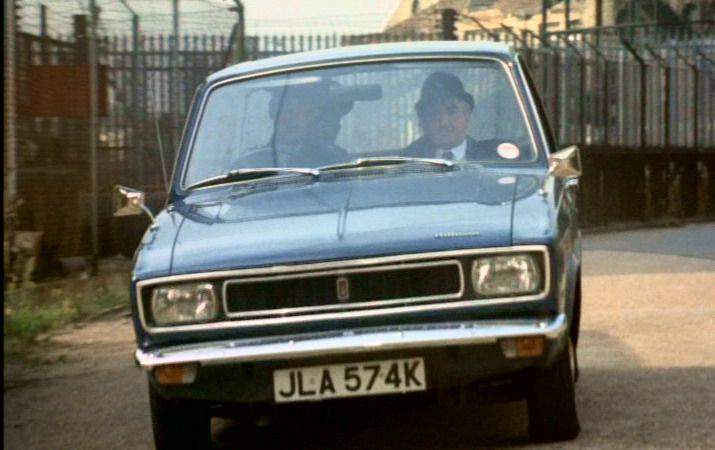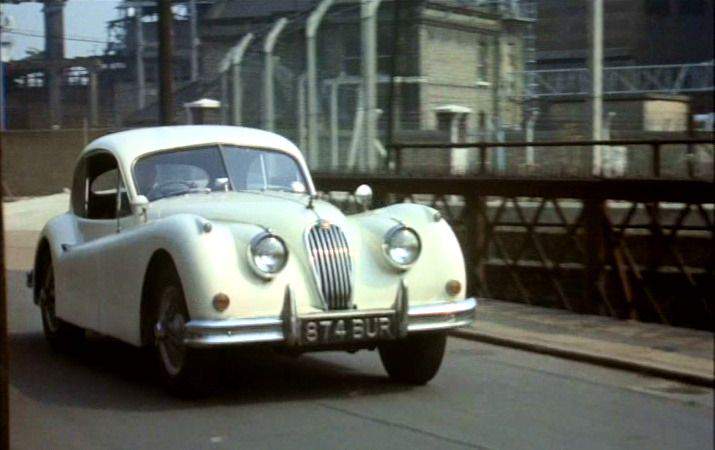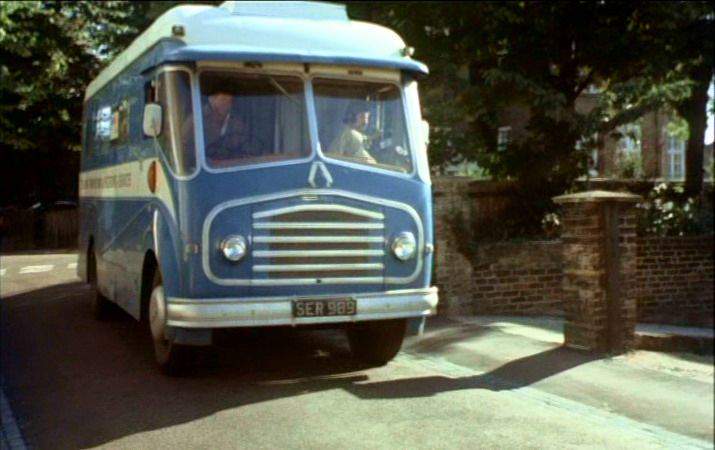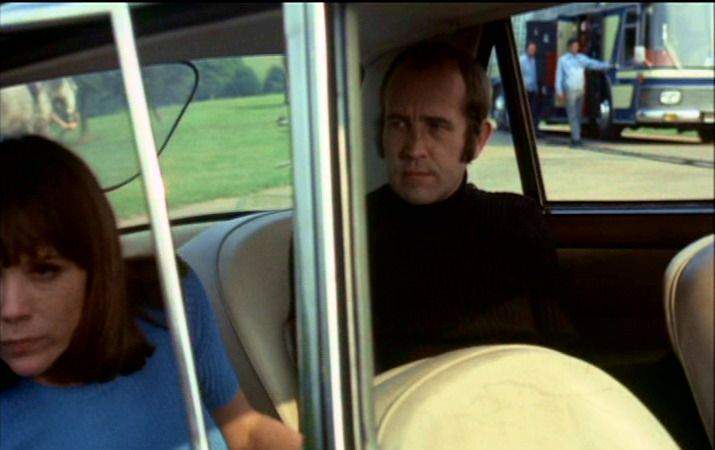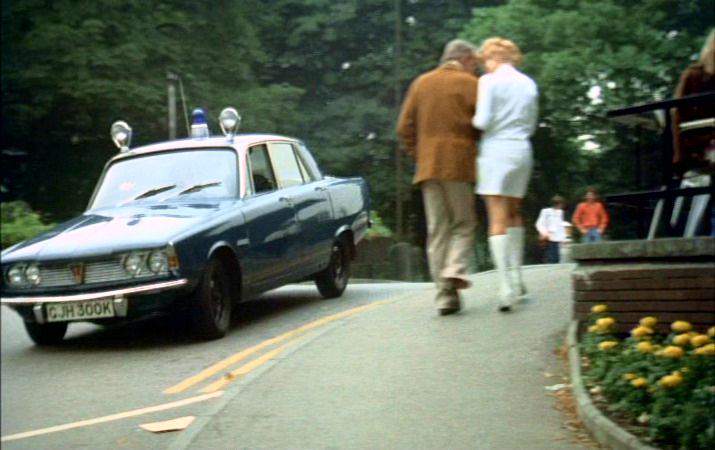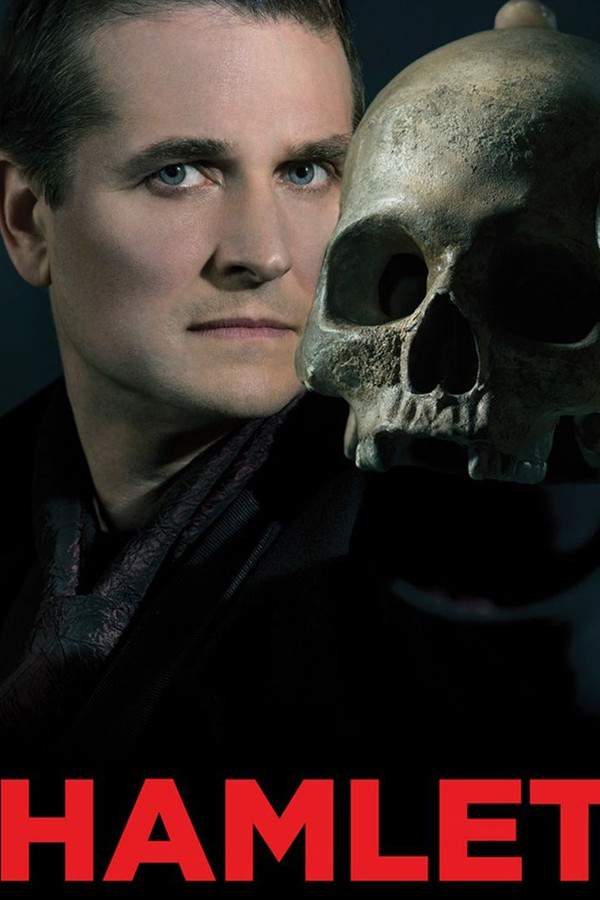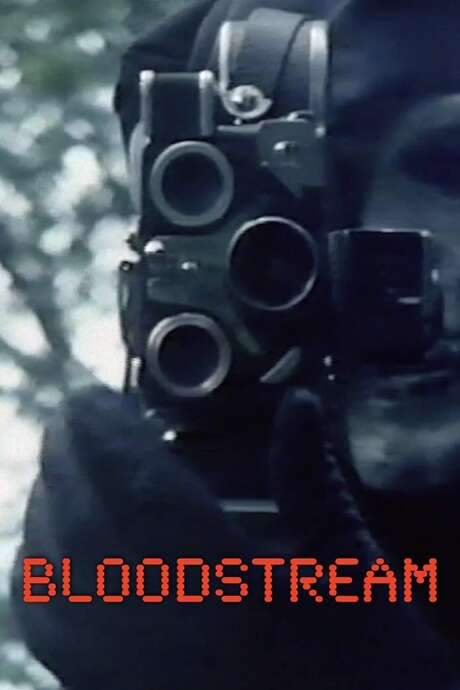Theater of Blood 1973
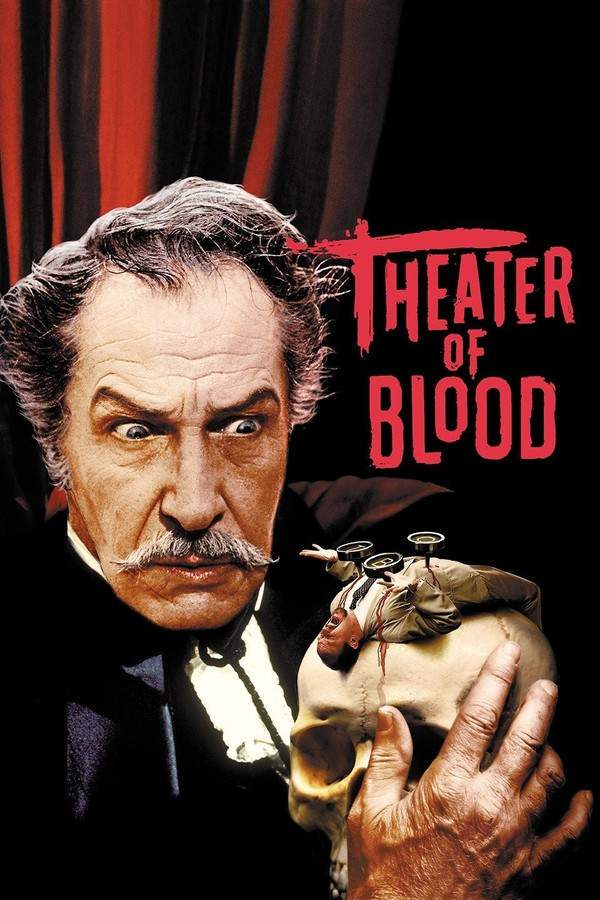
A renowned actor, Edward Lionheart, seeks retribution against the London theatre critics who savaged his recent performances and denied him a prestigious award. Driven to despair, he begins systematically targeting them, staging his revenge by recreating murders from Shakespearean plays. As the body count rises, a desperate struggle for survival ensues, with only one critic left to potentially reveal the truth behind the gruesome events.
Does Theater of Blood have end credit scenes?
No!
Theater of Blood does not have end credit scenes. You can leave when the credits roll.
Meet the Full Cast and Actors of Theater of Blood
Explore the complete cast of Theater of Blood, including both lead and supporting actors. Learn who plays each character, discover their past roles and achievements, and find out what makes this ensemble cast stand out in the world of film and television.
External Links and Streaming Options
Discover where to watch Theater of Blood online, including streaming platforms, rental options, and official sources. Compare reviews, ratings, and in-depth movie information across sites like IMDb, TMDb, Wikipedia or Rotten Tomatoes.
Ratings and Reviews for Theater of Blood
See how Theater of Blood is rated across major platforms like IMDb, Metacritic, and TMDb. Compare audience scores and critic reviews to understand where Theater of Blood stands among top-rated movies in its genre.

81
Metascore
9.0
User Score


%
TOMATOMETER

0%
User Score

67
%
User Score
Take the Ultimate Theater of Blood Movie Quiz
Challenge your knowledge of Theater of Blood with this fun and interactive movie quiz. Test yourself on key plot points, iconic characters, hidden details, and memorable moments to see how well you really know the film.
Theater of Blood Quiz: Test your knowledge on the 1973 horror film 'Theater of Blood' and its theatrical retributions.
What is Edward Lionheart seeking after being rejected by the Theatre Critics Guild?
Fame
Love
Revenge
Power
Show hint
Full Plot Summary and Ending Explained for Theater of Blood
Read the complete plot summary of Theater of Blood, including all major events, twists, and the full ending explained in detail. Explore key characters, themes, hidden meanings, and everything you need to understand the story from beginning to end.
After suffering humiliation at the hands of the Theatre Critics Guild during an awards ceremony, Shakespearean actor Edward Kendal Sheridan Lionheart is presumed to have taken his own life by leaping into the Thames. However, he survives and finds refuge among a group of vagrants. Two years later, on the Ides of March, Lionheart embarks on a twisted quest for vengeance against the critics who failed to recognize his brilliance, systematically eliminating them one by one with methods inspired by the murderous plots in the works of William Shakespeare he once performed.
Before each killing, Lionheart hauntingly recites the critic’s scathing review of his portrayal, setting the tone for his merciless acts. His first victim, George Maxwell, meets a grisly end at the hands of a mob of vagrants, mimicking the assassination of Julius Caesar in Julius Caesar. Next, Hector Snipe is gruesomely impaled with a spear, and his body is dragged to Maxwell’s funeral tied behind a horse—a gory reflection of Hector’s demise in Troilus and Cressida. The third victim, Horace Sprout, is decapitated in his sleep, echoing the fate of Cloten in Cymbeline.
As the slaughters continue, the fourth critic, Trevor Dickman, meets his punishment as his heart is cut out, reminiscent of Shylock’s actions in The Merchant of Venice, where the narrative twists to force Antonio to pay his debt with flesh. Oliver Larding, the fifth critic, finds himself drowned in a barrel of wine, paralleled to the tragic end of George Plantagenet, Duke of Clarence, in Richard III.
In an unsettling turn during the reenactment of Romeo and Juliet, Lionheart cleverly lures Peregrine Devlin into a fencing gymnasium, severely wounding him but sparing his life for now. The next critic to fall is Solomon Psaltery, whose jealousy leads him to murder his wife Maisie, mirroring the treachery found in Othello. Although Psaltery remains alive, his heinous crime leads to his inevitable imprisonment. Miss Chloe Moon, the seventh critic, is electrocuted in a grim nod to the fate of Joan of Arc in Henry VI, Part 1. Finally, the flamboyant critic Meredith Merridew meets a grotesque end as he is force-fed pies made from his own toy poodles, choking to death just like Queen Tamora in Titus Andronicus.
In a shocking revelation, it’s unveiled that Lionheart has the help of his devoted daughter Edwina, who kidnaps Devlin, bringing him to the theatre. Here, Lionheart threatens to blind Devlin with heated daggers, akin to the fate awaiting Gloucester in King Lear. When Devlin refuses, the device intended for his torture malfunctions. As chaos ensues, one of the vagrants mistakenly kills Edwina, striking her fatally with the very award that symbolizes her father’s downfall, casting her in the tragic role of Cordelia.
In a heart-wrenching climax, Lionheart, consumed by grief, carries her lifeless body to the rooftop and delivers Lear’s poignant final monologue. Tragedy strikes as the roof collapses, engulfing him in flames and ultimately leading to his demise. Even in death, Devlin, the critic, cannot resist evaluating Lionheart’s performance, giving it a tempered but favorable review amidst the tragedy.
Uncover the Details: Timeline, Characters, Themes, and Beyond!

Coming soon on iOS and Android
The Plot Explained Mobile App
From blockbusters to hidden gems — dive into movie stories anytime, anywhere. Save your favorites, discover plots faster, and never miss a twist again.
Sign up to be the first to know when we launch. Your email stays private — always.
Watch Trailers, Clips & Behind-the-Scenes for Theater of Blood
Watch official trailers, exclusive clips, cast interviews, and behind-the-scenes footage from Theater of Blood. Dive deeper into the making of the film, its standout moments, and key production insights.
Cars Featured in Theater of Blood
Explore all cars featured in Theater of Blood, including their makes, models, scenes they appear in, and their significance to the plot. A must-read for car enthusiasts and movie buffs alike.
Theater of Blood Themes and Keywords
Discover the central themes, ideas, and keywords that define the movie’s story, tone, and message. Analyze the film’s deeper meanings, genre influences, and recurring concepts.
Theater of Blood Other Names and Titles
Explore the various alternative titles, translations, and other names used for Theater of Blood across different regions and languages. Understand how the film is marketed and recognized worldwide.
Similar Movies To Theater of Blood You Should Know About
Browse a curated list of movies similar in genre, tone, characters, or story structure. Discover new titles like the one you're watching, perfect for fans of related plots, vibes, or cinematic styles.
Quick Links: Summary, Cast, Ratings, More

What's After the Movie?
Not sure whether to stay after the credits? Find out!
Explore Our Movie Platform
New Movie Releases (2026)
Famous Movie Actors
Top Film Production Studios
Movie Plot Summaries & Endings
Major Movie Awards & Winners
Best Concert Films & Music Documentaries
Movie Collections and Curated Lists
© 2026 What's After the Movie. All rights reserved.




